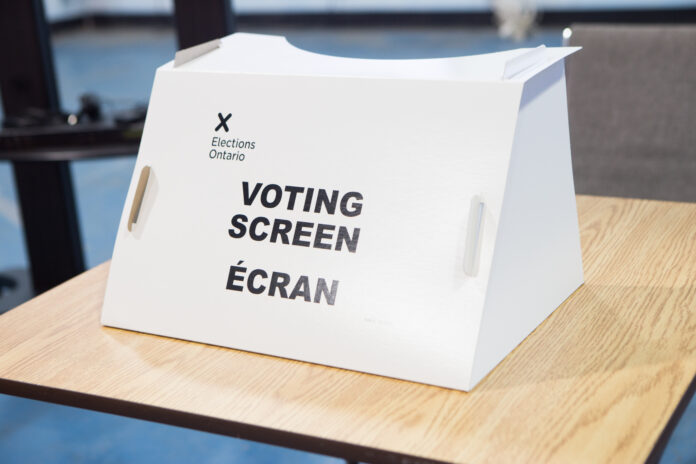The Ontario government is proposing a series of reforms aimed at strengthening public confidence in the province’s electoral system, including ending fixed election dates and tightening oversight of campaign financing and political advertising.
“The proposed reforms will return Ontario to an electoral process that served our province well for nearly a century and a half, prior to the imposition of American-style fixed election dates,” said Attorney General Doug Downey. “With these reforms, governments will be better positioned to respond to changing circumstances and external threats, including by seeking a fresh mandate from the people of Ontario when it’s needed.”
Under the proposed changes to the Election Act, provincial elections would once again be called on a date determined by the Lieutenant Governor on the advice of the Premier, while still respecting the five-year maximum legal limit set by the Constitution.
The province is also proposing amendments to the Election Finances Act to strengthen rules around campaign financing, third-party advertising, and spending. The reforms would introduce new financial penalties for those who fail to comply with political advertising or registration requirements, and give the Chief Electoral Officer greater investigative powers to ensure third parties follow the rules.
Third parties would also be required to provide proof of registration before placing political advertisements during an election period. The government is proposing to make the quarterly per-vote subsidy for registered political parties a permanent measure and to eliminate pre-writ spending limits for political parties and third parties, which were tied to fixed election dates.
Beginning in 2026, the annual individual contribution limit to political parties would rise from $3,400 to $5,000, with future increases indexed to inflation. The government is also considering banning political advertising on government-owned property such as buildings, billboards, and transit stations.
In 2024, all political parties supported extending the quarterly per-vote subsidy for registered parties. Under Ontario law, any third party that spends $500 or more on political advertising during an election period must register with the Chief Electoral Officer.
















